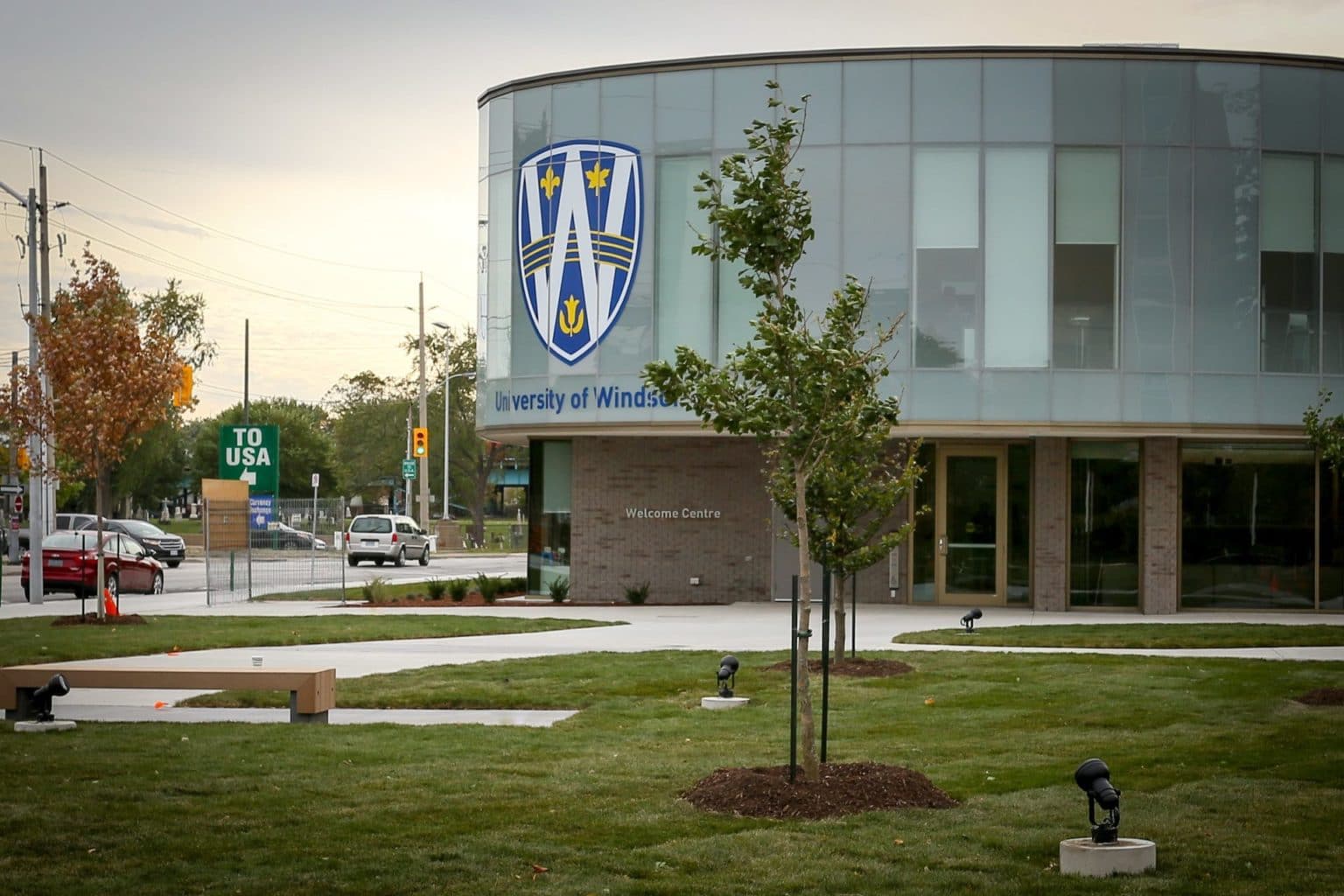Charter Schools USA (CSUSA) is one of the largest and highest terms of performance in education management companies in the United States, and they boast of serving over 74,000 students at almost 100 schools in 5 states.
It was Founded by Jonathan Hage in 1997, and his CSUSA’s vision is to have a massive impact on the world’s next dispensation–changing lives and making sure he leaves a legacy by making available educational excellence right within the charter school movement.
Also, delivering an academically scrupulous educational choice to both students and parents right within the territory where we serve, and do everything possible for all students in preparedness for college and or for a great career after graduation.
With the constant commitment to making sure students from all backgrounds succeed, CSUSA is doing everything possible to close all gaps regarding achievement and opportunity.
Charter schools, as a matter of fact, only make up about 10% of all the public schools which are added to the ranking, but then unequivocally makeup about 24% of the top 100 best high schools.
We have Charter schools from Florida, Louisiana, Massachusetts, Arizona, Arkansas, California, Delaware, North Carolina, Minnesota, New Mexico, and Texas all represented in the top 100.
To better understand all that the Charter Schools in the United States represent, we try to answer certain questions to quell all doubts and confusion regarding the phenomenon :
- What are Charter High Schools?
- What is the benefit of Charter Schools USA?
- What’s the Salary like?
- Is there training for teachers?
- What are the best Charter High Schools in the USA in 2024?
Table of contents
What Are Charter High Schools?
Charter high schools are public high schools. They operate right under the charters and are free from some regulations which govern traditional public schools.
Charter schools seem to have limited enlistment and characteristically accept students through a process of application.
What is the Benefit of Charter Schools USA?
Charter Schools USA provides an exhaustive benefits package that includes medical and dental benefits.
There is a retirement plan of 401(k), paid holiday benefits, PTO, vacation, and much more.
What is the Salary Like?
Charter Schools USA renders highly competitive base salaries, add-ons for teaching experience, and for people with professional degrees.
They pay for performance on the organization’s strategic plan. Various positions within the CSUSA organization equally qualify for bonuses that are also based on performance.
Is there Training for Teachers?
Regarding the direction of Teacher Induction Programs, the newer teachers have to be both professionally and educationally acceptable and adopt the methods, techniques, and strategies to manage their classrooms. And be able to develop the skills which are typically associated with amazingly effective teachers.
It’s also practically mandatory that administrators get involved in Annual Principal Institute and also regular professional development opportunities. Even positions at corporate headquarters also get involved in professional development opportunities.
List Of The Best Charter Schools USA In 2024
You may have asked yourself or wondered about the best Charter Schools USA 2024… wonder no more!
Here is a list of some of the best Charter Schools you can find in the United States:
1. BASIS Chandler
They rank this Charter School first in Arizona. There’s an opportunity for the students to take Advanced Placement coursework and exams.
Guess what? The AP participation rate at BASIS Chandler is an incredible 100%. The total minority enlisting is about 86%. BASIS Chandler is the only high school in the BASIS Charter Schools Inc.
They rank BASIS Chandler eighth in the National Rankings. By the way, they rank Schools based on their performance on state-required tests, graduation, and how well they can prepare students for college.
2. BASIS Peoria
This Charter School has ranked fourth also within Arizona. There’s an opportunity for the students to take Advanced Placement coursework and exams.
The AP participation rate at this Charter School is an amazing 100%. The total minority enlisting is about 73%. They rank Charter Schools thirty-third in the National Rankings.
3. Signature School
They rank this Charter School 1st in Indiana. There’s an opportunity for students to take Advanced Placement exams and coursework.
The AP participation rate at this Charter School is a massive 100%. Also, the total minority enlisting is about 30%, as well as 15% of students who are economically lacking.
They rank the Charter Schools in the National Rankings tenth.
4. Pioneer Valley Chinese Immersion Charter School
They rank this Charter School second in Massachusetts. There’s an opportunity for students to take International Baccalaureate exams and coursework.
Interestingly, the IB participation rate at Pioneer Valley Chinese Immersion Charter School is 100%. The total minority enlisting is about 48%.
The Pioneer Valley Chinese Immersion Charter School, according to National Rankings, is 40th on the list.
5. Haas Hall Academy
She’s ranked first within Arkansas. Students possess the opportunity to take Advanced Placement exams and coursework.
The rate of AP participation at the Charter School is 97%. The total minority enlisting is 26%, and then there are 6% of students who are economically poor.
Moreso, according to the National Rankings, Haas Hall Academy is 50th on the list.
6. BASIS Phoenix
They rank the Charter Schools 8th in Arizona. There’s an opportunity for the students to take Advanced Placement exams and coursework.
The rate of AP® participation at Charter schools is 100%. The total minority enlisting is 56%. And according to the National Rankings, they ranked BASIS Phoenix 52nd.
7. BASIS Mesa
They rank this Charter School 9th in Arizona. There’s an opportunity for students to take Advanced Placement exams and coursework.
The rate of AP participation at BASIS Mesa is 100%. The total minority enlisting is about 49%. Moreover, BASIS Mesa, according to the National Rankings, is 55th on the list.
8. Benjamin Franklin High School
They rank this Charter School 1st in Louisiana. Students possess an opportunity to take Advanced Placement exams and coursework.
The rate of AP participation at Benjamin Franklin High School is about 87%. The total minority enlisting is 63%, and there are 25% of students are economically lacking.
According to the National Rankings, they rank Benjamin Franklin High School is 64th.
Do Charter Schools Work?
Trying to examine whether charter schools work calls for clarity about what their goals are and proper measures of how well they intend to achieve those goals. It is not clear that we have either.
The most usually reported studies assess the similarities and differences between students’ academic performance in charter and non-charter schools.
These comparisons are pertaining to methods that are challenging since charter school students vary from other public school students in a few ways that could actually affect their performance. Researchers must find rational comparison groups.
One wise approach is to evaluate the random lotteries which are often used when a school gets more applicants than it can admit.
Researchers also find that lottery winners perform far better than lottery losers, but these comparisons come with major warnings.
Only Institutions with excess demand carry out lotteries, and it’s no surprise that students who get into the most popular Institutions perform well.
How Charter Schools Work
The Center for Research on Education Outcomes (CREDO) at Stanford University takes a distinctive approach.
CREDO gets hold of student-level data from various states and districts and then matches charter school students with traditional public school students who seem similar in various ways, like students of the same race, gender, and poverty status, with similar before test scores, who used to attend the same schools.
In addition, they compare charter students’ test scores with the scores of their matched non-charter pairs. This sort of method isn’t foolproof—for instance, the variables used for matching may miss something vital—but it is perhaps the best approach to date for charter/non-charter comparisons that represent the wide population of charter schools.
Charter school students, in fact, and at almost all levels, perform about the same as their matched peers in traditional public schools.
However, there is a partial change in form or position across various kinds of institutions and categories of students.
For instance, students in urban charter schools usually perform better than their matched pairs and likely for diverse reasons—while students in online charter schools perform far worse.
However, we ought to put into consideration whether a charter versus traditional public schools comparison is a profound measure in the very first instance.
A Little More Insight
Part of the reason for charter schools is that they ought to create something innovative and competitive which can improve charter and non-charter schools alike.
If those improvements emerge—as well as clear evidence to support what they have generated – these comparisons could trivialize the benefits of charter schools.
And then, if charter schools harm traditional public schools by, for instance, creating funding doubts or reducing funding, and there emerges some evidence for this, too, these comparisons could also trivialize the costs of charter schools.
Irrespective of all these above, test score comparisons spell out an incomplete venture of charter school performance.
They pay attention to a far wider set of results, which also includes how charter schools affect racial separation, to what extent they generate alternatives for underprivileged families, and whether they are indeed producing innovative school models.
The related research is too costly for this overview; however, summarized nicely in a 2015 NBER report.
Frequently Asked Questions (FAQs)
Yes, they are. Charter schools don’t operate independently.
The fact is, a good number of charter schools have a period of enrollment when parents can tender applications for the school. Now, if there are more applications tendered than vacant seats, then there will be a random blind lottery.
Yes, they are. The greater majority of charter schools are nonprofit-oriented establishments.
No, they neither have admission requirements nor entrance exams.
No, charter schools are absolutely tuition-free. They are public schools.
Conclusion
Note that Charter schools bask in the euphoria of widespread support that comes from community leaders, parents, teachers, as well as both Republican and Democrat elected officials right across the country.
Having stated that, Charter Schools serve as a home ground for juveniles, especially adolescents who are underprivileged or economically disadvantaged, to build a future for themselves that they always hoped for.
References
- https://www.charterschoolsusa.com/m/pages/index.jsp?uREC_ID=394111&type=d
- https://www.publiccharters.org/about-charter-schools/charter-school-faq
- https://www.charterschoolsusa.com/m/
- https://www.usnews.com/education/best-high-schools/national-rankings/charter-school-rankings
- http://www.brookings.edu/policy2020/votervital/what-are-charter-schools-and-do-they-deliver/





